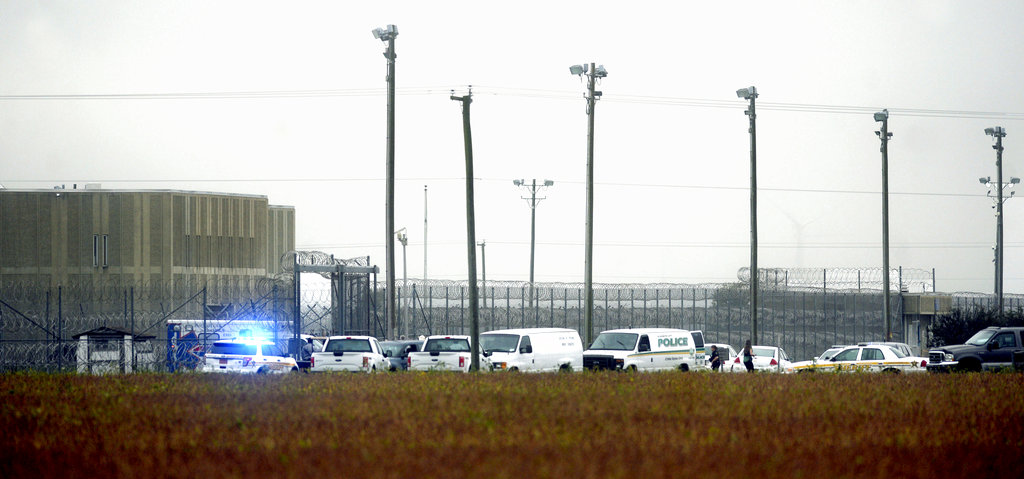Colin Campbell: Prisons are a ticking time bomb
Published 12:00 am Tuesday, April 24, 2018

- Five prison employees were killed, four during a failed escape Oct. 12, 2017, at the Pasquotank Correctional Institution, which was understaffed. Daily Advance photo
RALEIGH — The crisis in our state prison system is bad enough to make headlines nearly every week.
The attention largely stems from the October 2017 inmate attack at the Pasquotank Correctional Institution in Elizabeth City that left four staffers dead and exposed massive security failures. Prison system officials have made changes to prevent similar incidents, but violent incidents keep occurring regularly.
Just a few weeks ago, two inmates and a corrections officer were injured in a stabbing at the Lanesboro Correctional Institution, one of the state’s most troubled facilities. That prison will soon be converted to house women, with the male inmates moved elsewhere — but time will tell if the same problems will just resurface in another location.
The main causes of trouble seem to be a high staff vacancy rate — around 20 percent of positions aren’t filled, with higher rates at the worst facilities — and low pay for corrections officers. The average officer salary for maximum security prisons is about $38,000 annually — about $8,000 less than the national average.
Would you risk your life and spend your days with hardened criminals for that salary? Most folks with an interest in law enforcement would rather sign up with a police department, where at least part of your day involves helping non-criminals.
Legislative leaders have promised raises, but no formal proposals have surfaced yet. The state has to spend money to solve the problem: Pay prison officers a better wage, beef up recruiting and improve training so officers feel confident in their work and about their safety.
But does this issue have the political muscle required to win the necessary funding? I’m skeptical. Prison staffers mostly live in rural communities and likely don’t have the money to make major campaign contributions.
The State Employees Association of North Carolina, or SEANC, is lobbying for them. We’re in an election year, so prison needs will compete with teacher raises, tax cuts and other budget priorities.
So far, lawmakers haven’t spent much time on the issue outside of a few public safety oversight committee hearings. The months between formal sessions is typically when legislators dive into complex issues to develop policy proposals.
New committees have been formed to study school safety and GenX river contamination, but legislative leaders apparently didn’t think prisons deserved similar attention. Likewise, Gov. Roy Cooper so far hasn’t raised the prison issue much in his public events.
Rep. Bob Steinburg, R-Chowan, represents the district where the deadly October attack occurred, and he’s the only politician who routinely brings up the issue and potential solutions. He’s suggested calling in the National Guard to help staffing shortages, and he’s called for a thorough investigation of prison leadership.
It’s unclear who’s to blame for the sorry state of the prisons, but fresh perspectives from outside North Carolina are needed. Prisons, like much of state government, are an insular place where many leaders have been with the agency for decades.
The director of prisons, Kenneth Lassiter, took over last year with 28 years of work in the system. We could learn from other states with better systems, but we’d need to recruit their leaders.
It’s been more than six months since the deadly Pasquotank attack, and the reforms so far are Band-Aids that help in the short term but won’t solve the larger problem.
Lives are at stake. The current system is a ticking time bomb, and it’s only a matter of time before another attack turns deadly.
Colin Campbell is editor of the Insider State Government News Service.

